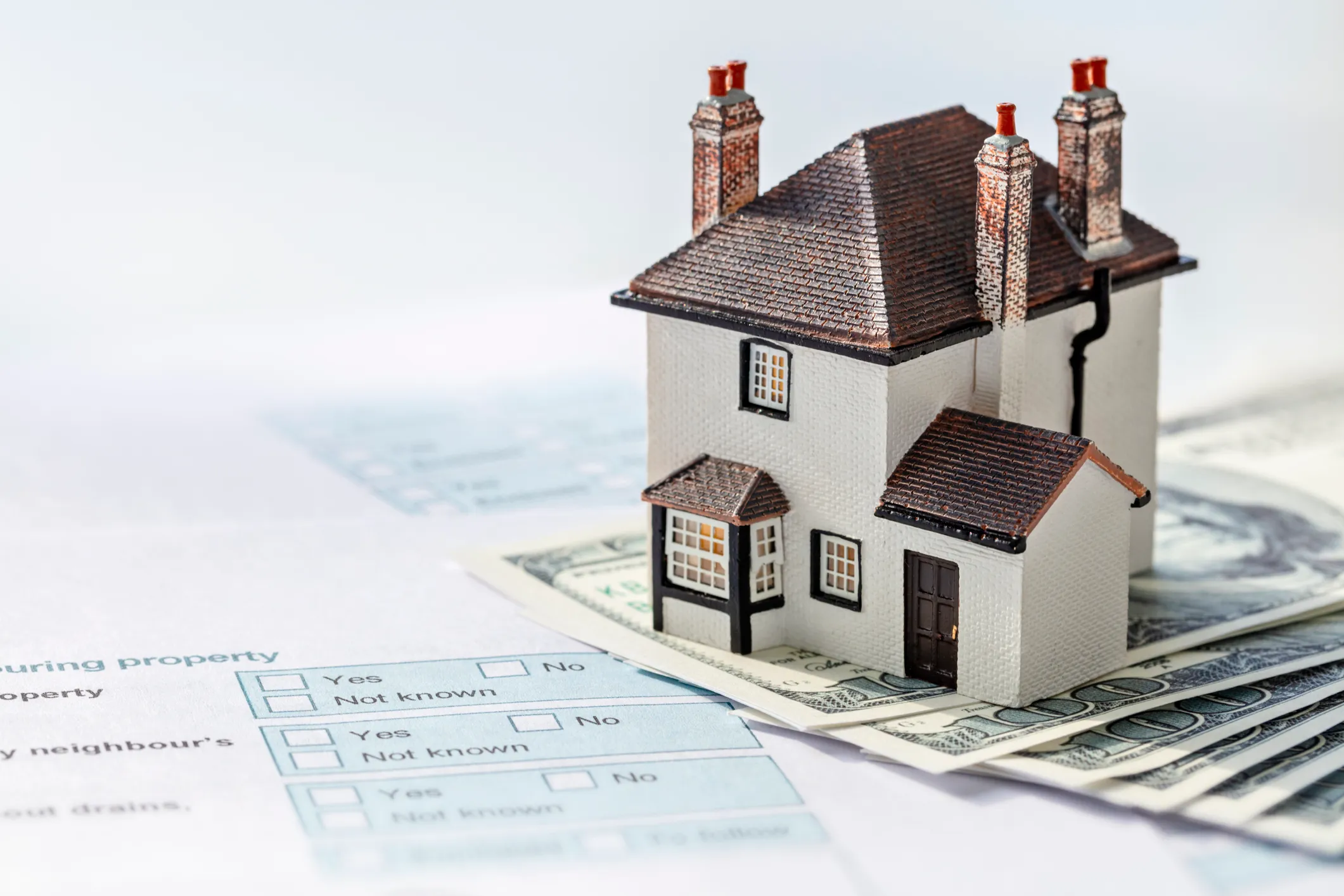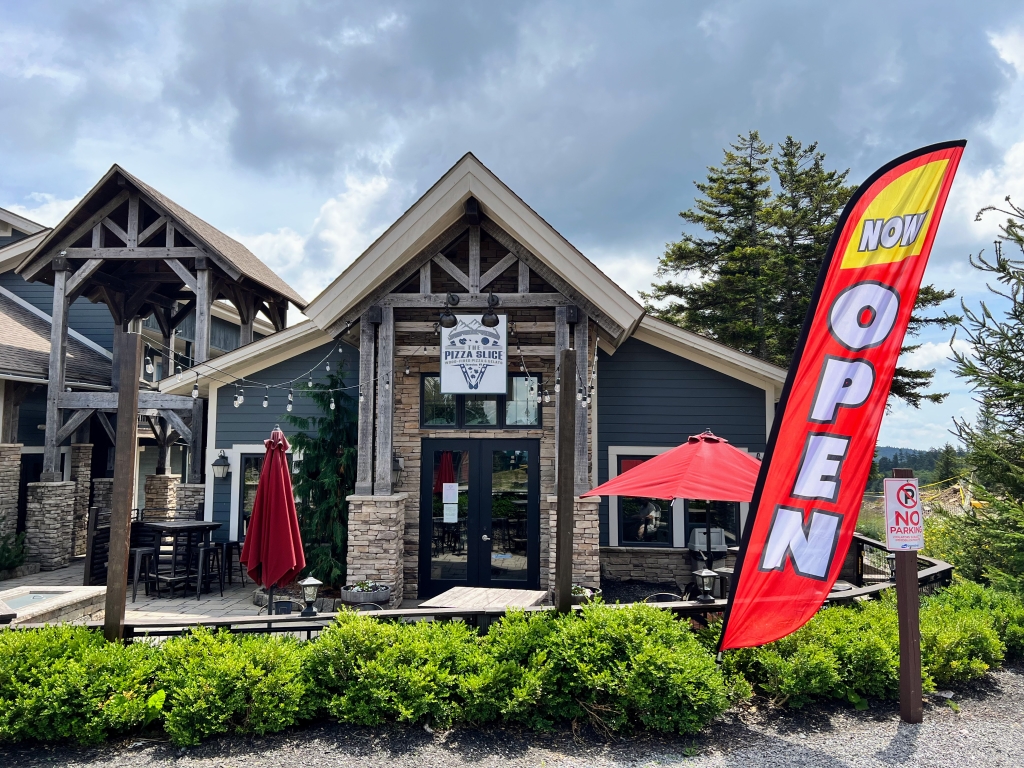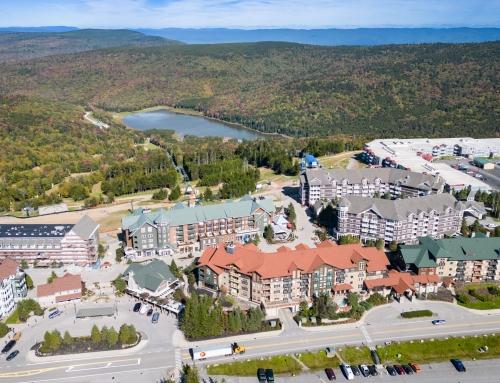SHARE
Definitions: Understanding Key Terms in the World of Snowshoe
Introduction
Welcome to the world of Snowshoe, WV real estate, where understanding the language of property is crucial to making informed decisions. Whether you’re a first-time homebuyer, a seasoned investor, or simply curious about the industry, this article will equip you with a comprehensive list of real estate definitions. From basic terminology to more complex concepts, we’ve got you covered.
Real Estate Definitions
- Property: Real estate, also known as property, refers to land and any structures or improvements permanently attached to it. It includes residential, commercial, and industrial properties.
- Real Estate Agent: A licensed professional representing buyers or sellers in real estate transactions. They facilitate negotiations, handle paperwork, and guide clients through the buying or selling process.
- Multiple Listing Service (MLS): An extensive database used by real estate agents to share property listings with one another. It helps broaden the reach of property listings to a wider audience.
- Appraisal: A professional assessment of a property’s value conducted by a licensed appraiser. Lenders often require appraisals to determine the property’s worth before approving a mortgage.
- Mortgage: A loan used to finance the purchase of a property. The property itself serves as collateral, and borrowers make regular payments over a specified period.
- Escrow: A neutral third-party account where funds and documents are held during a real estate transaction until all conditions are met.
- Title: The legal ownership of a property, which is transferred from seller to buyer during a real estate transaction.
- Deed: A legal document that conveys the title of a property from one party to another.
- Down Payment: The initial payment made by the buyer toward the purchase of a property, expressed as a percentage of the total price.
- Closing Costs: Additional fees and expenses incurred during the real estate transaction, including taxes, insurance, and lender fees.
- Foreclosure: The legal process by which a lender seizes and sells a property due to the borrower’s failure to repay the mortgage.
- home Inspection: A thorough examination of a property’s condition, usually conducted by a certified home inspector, to identify any potential issues before purchase.
- Capital Appreciation: The increase in the value of a property over time.
- Cash Flow: The net income generated from an investment property after deducting expenses and mortgage payments.
- Depreciation: The decrease in the value of a property over time, often used for tax purposes.
- Real Estate Investment Trust (REIT): A company that owns, operates, or finances income-generating real estate, allowing individuals to invest in a portfolio of properties.
- Lease: A contract between a landlord and tenant that grants the tenant the right to occupy a property for a specific period, usually in exchange for rent.
- Amortization: The process of gradually paying off a mortgage loan through regular payments over time.
- Easement: A legal right granted to a person or entity to use another person’s property for a specific purpose.
- Capital Gain: The profit earned from the sale of a property or investment.
- Condominium: A type of residential property where individual units are privately owned, while common areas and facilities are shared among all residents.
- Homeowners Association (HOA): An organization that manages and governs a community of homeowners, often responsible for maintaining common areas and enforcing community rules.
- Fair Market Value (FMV): The price at which a willing buyer and a willing seller would agree upon for a property in an open market.
- Real Estate Bubble: A rapid and unsustainable increase in property prices, followed by a sharp decline.
- Zoning: Local government regulations that dictate the permitted use of land within specific areas.
Frequently Asked Questions (FAQs)
Q: What is a real estate agent, and why do I need one? A: A real estate agent is a licensed professional who specializes in buying or selling properties. They are invaluable for their expertise, negotiation skills, and knowledge of the local market, making the process smoother for buyers and sellers alike.
Q: How is a home inspection different from an appraisal? A: A home inspection assesses the condition of a property, identifying potential issues, whereas an appraisal determines the property’s market value. Both are essential for a successful real estate transaction.
Q: What is a down payment, and how much should I put down? A: The down payment is the initial payment made by the buyer when purchasing a property. The amount varies but is typically 20% of the property’s price. However, some lenders accept lower down payments with additional mortgage insurance.
Q: What is a REIT, and how can I invest in one? A: A Real Estate Investment Trust (REIT) is a company that owns, operates, or finances income-generating real estate. To invest in a REIT, you can buy shares on the stock market, just like with any other publicly traded company.
Q: What are closing costs, and who pays for them? A: Closing costs are additional fees and expenses incurred during a real estate transaction. They can include taxes, insurance, and various fees. Generally, both the buyer and seller share these costs, but the specifics may vary depending on the negotiation.
Q: What is a real estate bubble, and how can I protect myself from it? A: A real estate bubble refers to a rapid and unsustainable increase in property prices, followed by a sharp decline. To protect yourself from a bubble, focus on long-term investment goals, conduct thorough market research, and avoid speculative buying.
Conclusion
Congratulations! You are now well-versed in essential Snowshoe, WV real estate definitions. Understanding these key terms is fundamental to navigating the property market confidently. Whether you are buying, selling, or investing in real estate, knowledge is your most valuable asset. Remember to stay informed and seek professional advice whenever necessary to make the best decisions in your real estate journey.


















